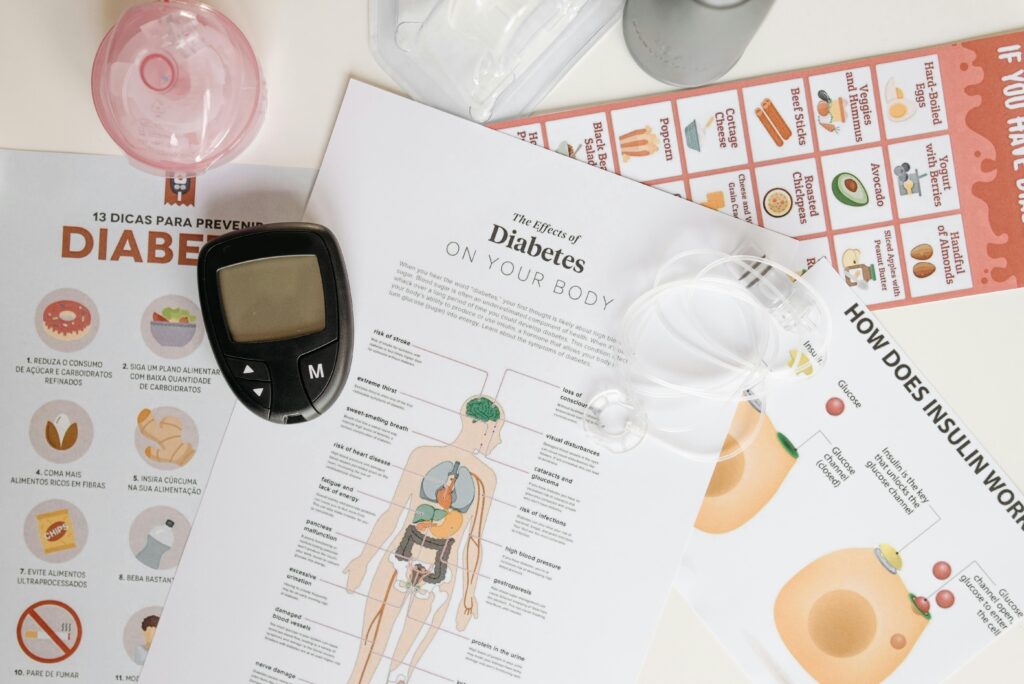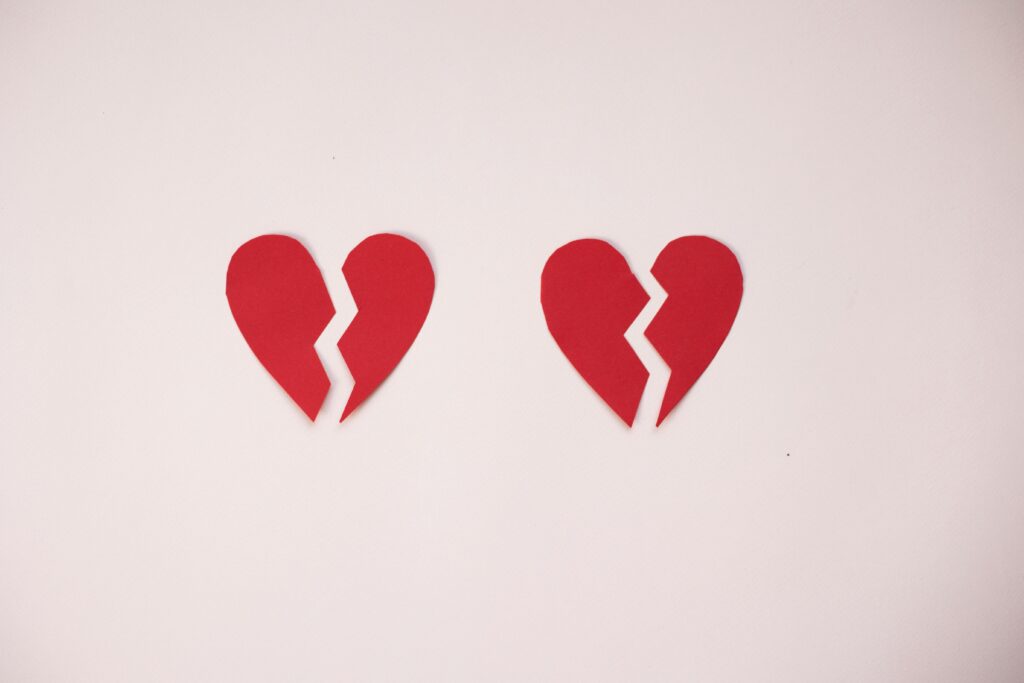A little drink now and then might feel harmless. A glass of wine at dinner. A small peg with friends. Something to relax the nerves or help sleep come easier. But as we age, our bodies change. And the liver, which works silently to clean our system, doesn’t recover the way it used to.
Even small amounts of alcohol can slowly strain the liver in older adults. The effects may not show immediately, but over time, they add up. That’s why it’s important to understand how alcohol behaves in an ageing body — and how to protect the liver, which plays such a vital role in keeping us healthy.
Why the Liver Matters More After 60
The liver is the body’s built-in purifier. It removes toxins, filters blood, helps digest fats, stores nutrients, and keeps blood sugar levels steady. Every time we consume alcohol, the liver works overtime to break it down.
With age, the liver becomes more sensitive. Its ability to repair and regenerate slows down. Fat deposits may build up more easily. Other age-related conditions — like diabetes, high blood pressure, or long-term medication use — can also stress the liver.
In short, older livers have to work harder, even when the alcohol consumed is minimal.
Alcohol Stays Longer in the Body
As we grow older, our body fat increases and muscle mass decreases. Water content in the body drops too. This affects how alcohol is absorbed and processed.
In younger people, alcohol may move quickly through the system. But in older adults, it tends to linger longer. It stays in the bloodstream, giving the liver a tougher job and putting more pressure on other organs like the heart and brain.
This means that even one or two drinks can feel stronger, stay longer, and do more harm than they would have earlier in life.
How Alcohol Affects the Liver Over Time
For seniors, even occasional or “moderate” drinking can lead to liver trouble — especially if the liver is already under stress from other conditions or medicines.
Here are some of the ways alcohol can harm the liver in older adults:
1. Fatty Liver Disease
Alcohol can cause fat to build up inside the liver. This is often silent in the early stages. But over time, it can progress to more serious damage. Older adults are especially at risk because fat tends to accumulate faster with age.
2. Liver Inflammation (Alcoholic Hepatitis)
Regular drinking, even in small amounts, can irritate liver tissues. The result is inflammation. In mild cases, this may be reversible. In severe cases, it can become life-threatening.
3. Fibrosis and Cirrhosis
Prolonged damage to the liver causes scar tissue to form. This stiffens the liver and reduces its ability to function. In the advanced stage — called cirrhosis — the damage is permanent.
Medication and Alcohol: A Risky Mix
Many older adults take medicines every day — for blood pressure, diabetes, arthritis, sleep, or cholesterol. Some of these medications already put pressure on the liver. When alcohol is added to the mix, the risk increases.
In some cases, alcohol can react badly with medicines. It may reduce their effect or increase side effects. For example:
- Painkillers like paracetamol can become toxic to the liver with alcohol.
- Sleeping pills and alcohol together can lead to confusion or falls.
- Blood thinners and alcohol can raise the risk of internal bleeding.
That’s why it’s so important to talk to your doctor before having even the occasional drink.
Alcohol and Other Health Conditions
The liver doesn’t work in isolation. If other organs are affected, alcohol can add fuel to the fire. Older adults with the following conditions should be extra careful:
- Diabetes – Alcohol affects blood sugar levels and the liver’s ability to manage insulin.
- Heart conditions – Alcohol raises blood pressure and can interfere with heart medications.
- Kidney disease – The kidneys help remove alcohol by-products. If they’re weak, toxins stay longer in the body.
- Memory issues or balance problems – Alcohol can worsen these, even in small amounts.
The risks grow when two or more of these conditions are present — which is common in older adults.
Signs That the Liver May Be Struggling
Liver issues often show no clear signs in the early stages. But here are some warning signals that should not be ignored:
- Feeling tired all the time
- Loss of appetite or weight loss
- Swelling in the legs or belly
- Yellowing of the eyes or skin (jaundice)
- Dark urine or pale stools
- Easy bruising or bleeding
- Confusion or forgetfulness
If any of these symptoms appear, especially in someone who drinks regularly, a liver check-up is a must.
What You Can Do to Protect Your Liver
The good news is that the liver is a resilient organ. It can heal and regenerate, especially when given a break from alcohol.
Here’s what you can do:
1. Cut Back or Stop Alcohol
Even reducing intake helps. And if there’s already liver damage or other health issues, stopping altogether is the safest option.
2. Eat Liver-Friendly Foods
Include more vegetables, fruits, whole grains, and lean proteins. Avoid deep-fried food, sugar, and processed snacks.
3. Take Medicines Wisely
Use medications only as prescribed. Talk to your doctor about how they interact with alcohol.
4. Get Regular Check-ups
Simple blood tests and scans can catch liver problems early. Don’t wait for symptoms to appear.
5. Stay Hydrated and Active
Drink plenty of water. Gentle daily activity helps blood flow and supports overall liver health.
It’s Not About Giving Up – It’s About Living Well
Choosing to reduce or avoid alcohol isn’t about denying yourself joy. It’s about respecting your body’s new needs. It’s about living with fewer risks and more comfort.
For many older adults, cutting back on alcohol leads to better sleep, fewer digestive issues, clearer thinking, and better control of blood sugar and blood pressure. Most importantly, it gives the liver a chance to stay strong and healthy — so it can continue doing its quiet but powerful job.
Do you have thoughts or questions about alcohol and liver health in older age?
We’d love to hear from you in the comments.
And if you found this blog helpful, please share it with someone who may need this information too!





